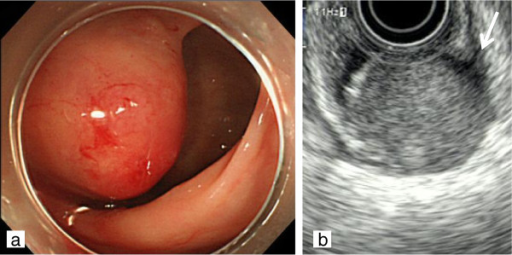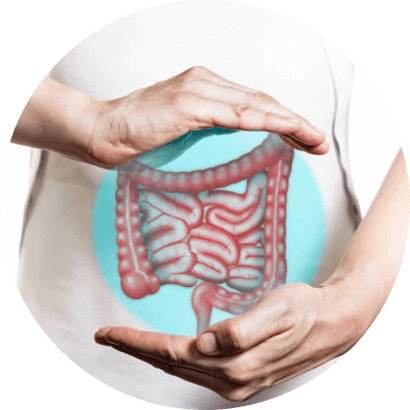
What is an Endoanal Ultrasound?
An Endoanal Ultrasound (EAUS) is a diagnostic test that allows doctors to thoroughly evaluate the various components of the anal canal and the lower rectum using ultrasonography, as well as the surrounding tissues.
When Would You Need an Endoanal Ultrasound?
EAUS is a highly accurate technique used primarily for:
- Preoperative staging of anal canal tumours
- Assessing benign anorectal pathologies such as:
- Anal fistulas
- Abscesses
- Cases of faecal incontinence
What Does the Endoanal Ultrasound Involve?
Before EAUS
Prior to the procedure, your doctor will explain the reasons for the test and the steps involved. You may be asked to take a cleansing bowel formula at home before your appointment.
During EAUS
The endoanal ultrasound does not require any sedative medication, as it is a painless procedure. You will be asked to lie on your side with your back facing the doctor, although you may need to change positions during the examination. The doctor will gently insert the ultrasound probe into the anus to conduct the evaluation. The entire examination usually lasts between 15-20 minutes.
After EAUS
This procedure is well-tolerated and performed on an outpatient basis without the need for sedation or analgesia. You might experience some mild abdominal discomfort or a sensation of needing to defecate; these symptoms typically resolve quickly after the probe is removed. After the examination, you can eat normally and resume your usual activities.
Possible Risks and Complications
Endoanal Ultrasound is generally a safe and well-tolerated procedure. While complications such as bleeding or irritation are rare, if you experience any concerning symptoms following the examination, be sure to discuss them with your doctor.
For more information or to schedule a consultation with Dr. Mouhsen Al Hosein, contact today.
FAQs
How should I prepare for the Endoanal Ultrasound?
You may need to take a laxative the night before the procedure to ensure your bowels are clear.
Is the procedure painful?
No, EAUS is a painless procedure, although you might feel some discomfort during the examination.
How long does the procedure take?
The examination typically lasts between 15-20 minutes.
Can I eat before the procedure?
Yes, you can generally eat normally, but follow any specific instructions your doctor provides.
What can I expect after the procedure?
You can resume your normal activities immediately, but you may feel some mild abdominal discomfort.
Are there any risks associated with EAUS?
While EAUS is very safe, potential risks include minor bleeding or irritation, which are rare.
Will I receive the results immediately?
Your doctor will discuss the findings with you during a follow-up appointment after the results are analysed.
How often is Endoanal Ultrasound performed?
EAUS is commonly used in cases involving anal pathology, such as fistulas, abscesses, and faecal incontinence assessments.
BOOK APPOINTMENT


